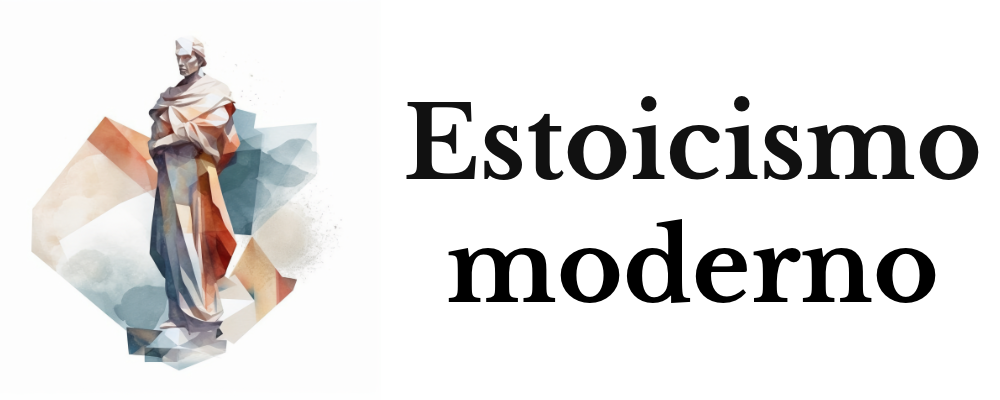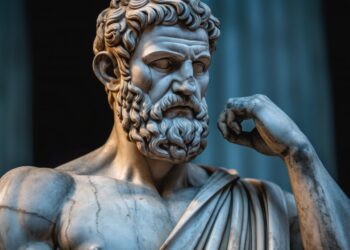Difficult choices are a crossroads in every human being’s life, a point where will and wisdom are put to the test. In Stoicism, these crossroads are not seen as obstacles, but as opportunities to strengthen our character and exercise our virtue. As Seneca said: “It is not because things are difficult that we do not dare; it is because we do not dare that they are difficult”.
When we face difficult decisions, we find ourselves in the ideal terrain for Stoic practice. Stoic philosophy teaches us to focus on what is within our control, accepting that there are aspects of life that are simply beyond our reach. Marcus Aurelius, in his ‘Meditations’, emphasizes the importance of this distinction: “You have power over your mind, not over external events. Realize this, and you will find strength”.
But how do we apply this to difficult choices? First, we must identify which elements of the decision are under our control. Can we influence the outcome? Or are we worrying about factors that are beyond our capacity for change? This distinction allows us to focus on our actions and attitudes, rather than on uncontrollable outcomes.
Once we have established what is under our control, the next step is to reflect on our values and principles. Which decision best reflects these values? Stoicism is not about suppressing emotions or desires, but about aligning them with reason and virtue. Epictetus, in his ‘Enchiridion’, advises: “Do not ask for things to happen as you wish, but wish for them to happen as they do, and you will be happy”.
In practice, this might mean making a decision that, though difficult, aligns with our sense of integrity and purpose. For example, leaving a lucrative job that goes against our ethical values, or deciding to cut ties with a toxic relationship. These decisions require strong will, but also offer an opportunity for personal growth and inner peace.
The strength of will, in Stoicism, is not rigidity or stubbornness. It is the ability to act according to our principles, even when emotions or external circumstances push us in another direction. This requires constant practice, deep reflection, and often, the acceptance of some degree of discomfort or pain.
In everyday life, we can strengthen our will through exercises like meditation, reflective writing, or visualizing difficult situations and how we might handle them according to our Stoic principles. We can also seek inspiration in the stories of historical and contemporary Stoic figures who have faced similar dilemmas.
Finally, it is crucial to remember that strength of will does not mean facing these challenges alone. Although Stoicism emphasizes self-sufficiency, it also recognizes the value of community and mutual support. Sharing our struggles and perspectives with others can offer new insights and strengthen us on our path.
So, when you face a difficult choice, ask yourself: What is under my control? What decision best reflects my values and principles? How can I strengthen my will to act according to these principles? And remember, in the words of Marcus Aurelius: “The best revenge is to be unlike him who performed the injury”. In every difficult choice, you have the opportunity to affirm your character and grow in virtue. What path will you choose?









